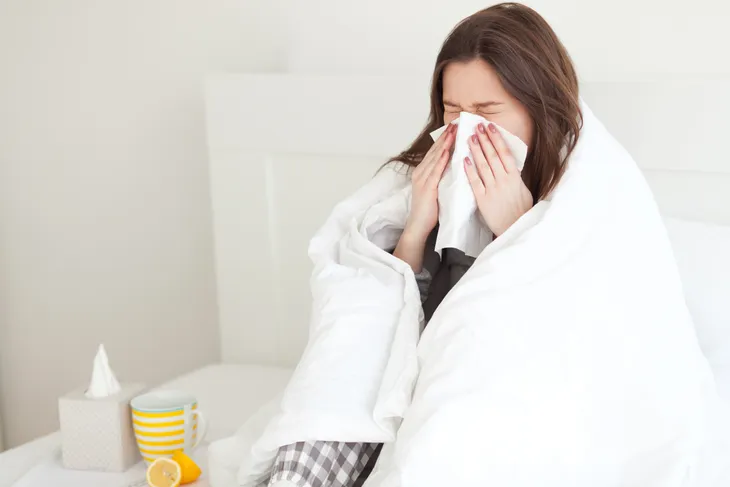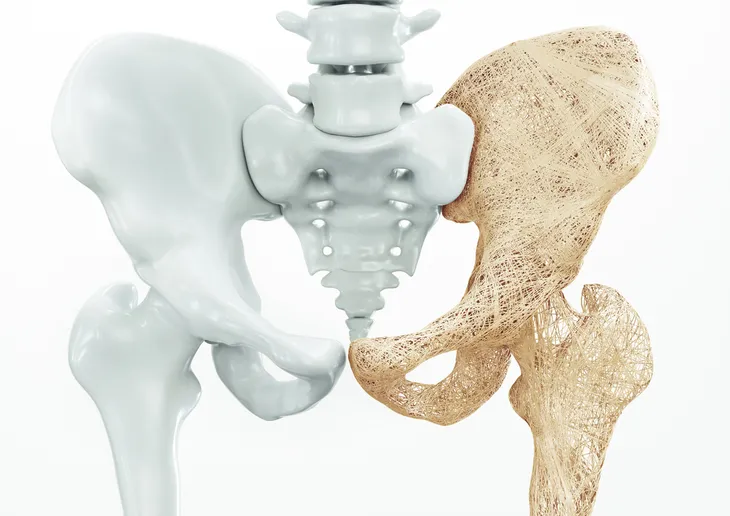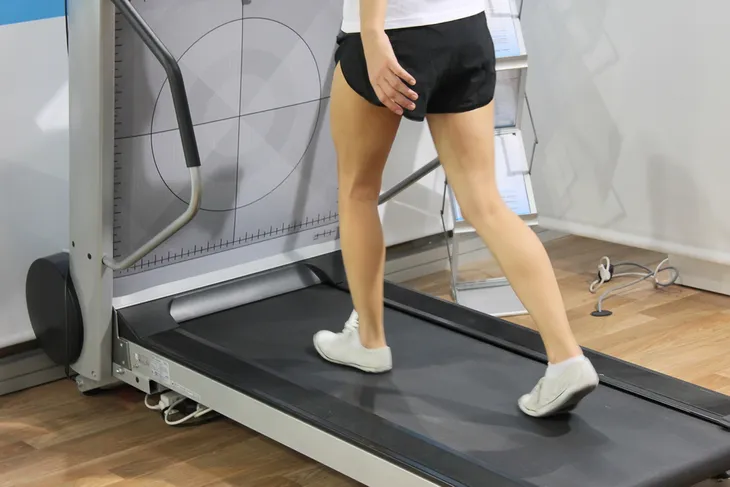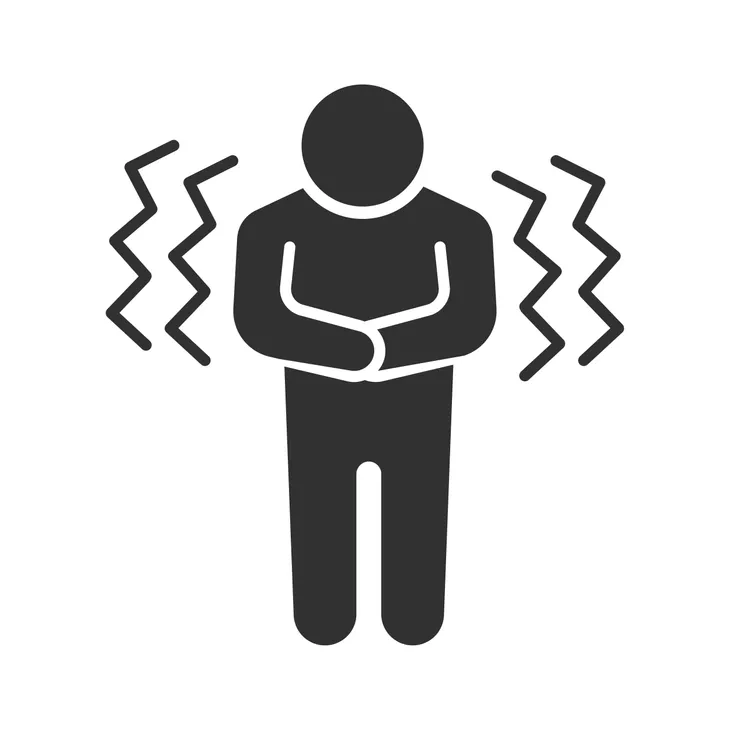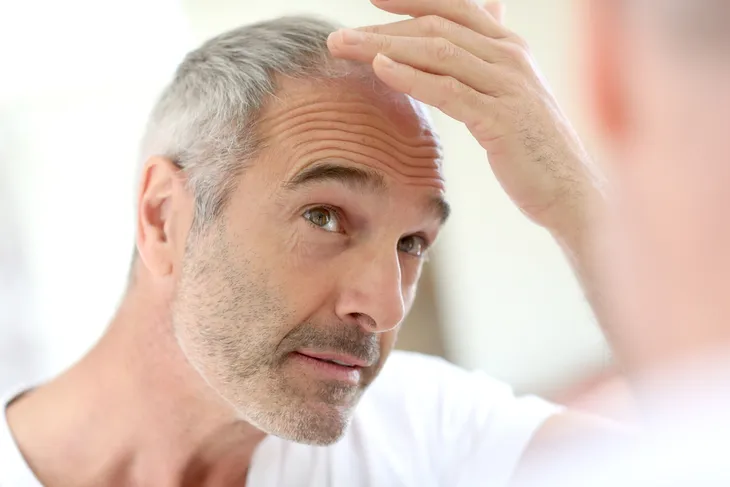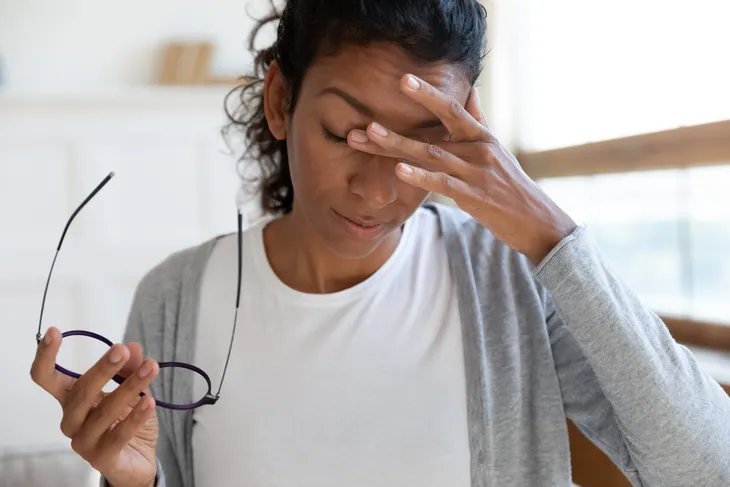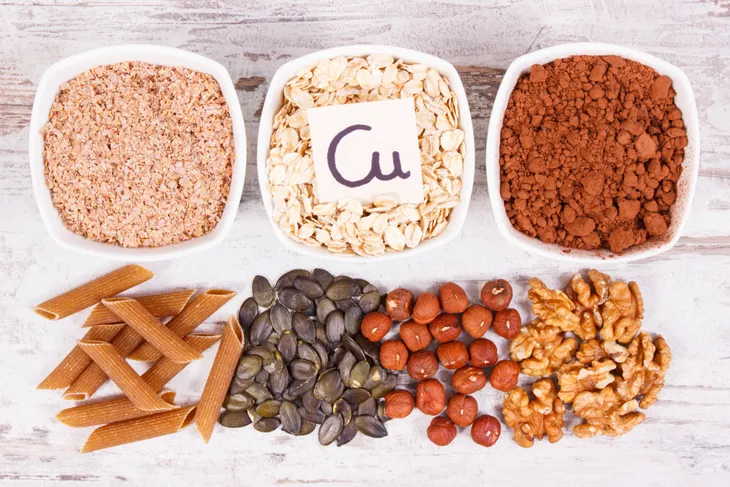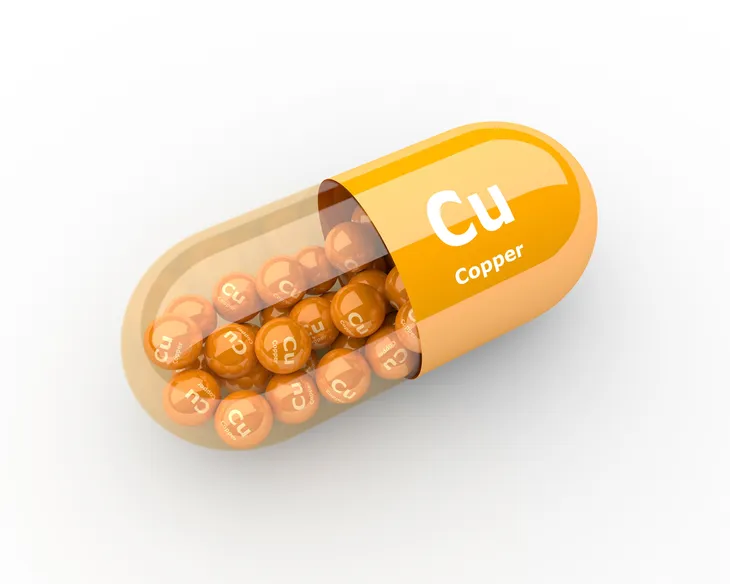When it comes to trace elements in your body, iron usually gets the spotlight, as low iron is tied to anemia. However, copper is another essential element that is responsible for functions in your body and could be tied to your health woes.
Copper actually helps iron form red blood cells, and it also aids in the absorption of iron, so you could say copper is iron’s trusty sidekick. Without it, iron just wouldn’t be able to perform like it does. Here are 12 signs you’re running low on copper (think seafood, nuts, beans, and dark chocolate to bulk up on it)…
Feeling Fatigued
Since low iron is tied to anemia (which can make you feel weak and tired from lack of oxygen to tissue cells), and copper is so closely tied to iron, it’s no surprise that low copper can mean feeling fatigued.
Healthline.com explains that copper is essential in “absorbing iron from the gut,” and that several animal studies show copper is also linked to anemia. The source also explains that your body uses copper to generate adenosine triphosphate (ATP), “the body’s main source of energy,” so that’s pretty key.
Getting Sick Often
If you often feel generally unwell, or you have frequent sniffles, then you may be battling a copper deficiency and not even know it. Healthline explains copper “plays an important role” in maintaining a healthy immune system.
“When copper levels are low, your body may struggle to make immune cells. This could drastically reduce your white blood cell count, compromising your body’s ability to combat infection,” it adds. Eating some of the foods we mentioned above can help reverse this problem.
Brittle Bones
DrAxe.com notes copper is important in the growth of bones, as well as connective tissues. “A copper deficiency can show up in brittle bones that are prone to breaking and not fully developing,” it explains.
Low copper can be a cause of osteoporosis, which is a bone deterioration condition that causes easy bone fractures and pain that often affects women over 50-years old. It can also lead to weak joints, adds the source. Luckily, the source also notes that taking copper (along with zinc and calcium) can help slow bone loss in older women.
Memory and Concentration Problems
Dr. Axe also notes that copper is needed for proper brain function, and it points to studies that show copper is linked to “important brain pathways” involving dopamine and galactose, both neurotransmitters that are responsible for energy and mood.
It notes that low copper in the body can lead to trouble concentrating, a poor mood, and more. “These are a sign that the network of reactions and metabolic pathways involving copper are suffering,” it adds. Dr. Axe says copper also helps the body use antioxidants that may slow signs of aging and neurodegenerative diseases.
Difficulty Walking
If you’re noticing that walking – an ability that most of us take for granted – has become more difficult, then copper may be the culprit, says Healthline. This is because enzymes in the body use copper to maintain the health of the spinal cord, which relays signals from your brain, it adds.
“Copper deficiency may cause these enzymes to not work as effectively, resulting in less spinal cord insulation. This, in turn, causes signals to not be relayed as efficiently,” explains the source. It points to studies on animals that suggest copper deficiency reduces spinal cord insulation by up to 56-per cent.
Constant Chills
If everyone else in the room is feeling comfortable but you’re putting on a sweater, it could be a sign of cold sensitivity due to low copper, adds Healthline. Copper and other minerals (including zinc) help maintain thyroid function – and the thyroid maintains internal temperature.
The source says levels of thyroid hormone are “closely linked” to copper levels – when copper drops, so does T3 and T4 hormone levels, it adds. “As a result, the thyroid gland may not work as effectively,” it notes.
Pale Skin
If your skin is looking pasty, and it’s not because you’ve been hibernating, then you may want to bulk up on copper. Dr. Axe explains adequate copper is needed to create pigment for skin, as well as hair and eyes.
The element helps produce melanin, which is responsible for your skin tone. Copper helps create an enzyme called tyrosinase that encourages melanin production, it adds. Copper has also been shown to keep your skin looking youthful and elastic thanks to assisting in collagen production, it adds.
Greying Hair
It should be no surprise that if your hair loses pigment, it will turn grey – something people spend a lot of effort and money to avoid. However, getting more copper into your diet could help save you some cash from dyeing your locks.
We’re not saying it will prevent your hair from ever turning grey, but it could help preserve your natural color longer. Dr. Axe also notes copper can help hair from thinning, so that’s another good reason to be aware of your copper intake.
Vision Problems
Healthline explains that long-term copper deficiency can take its toll on your eyes in the form of vision loss. Copper is important to maintain proper nervous system function, and eye health is linked to this, it notes.
The source explains that vision loss due to low copper seems to be “more common among people who have had surgery on their digestive tract, such as gastric bypass surgery.” That’s because surgery can disrupt your body’s ability to absorb copper, it adds.
Causes of Low Copper
Healthline explains low copper may be tied to problems with the stomach and small intestine because both organs are responsible for the absorption of the element. Stomach surgery can affect the body’s ability to absorb copper, it adds.
The source also explains that zinc supplements may be the reason behind your low copper. Zinc and copper “compete for absorption in the stomach, with zinc being the usual winner,” it notes. However, you need both for proper function, so be wary of this if you’re taking zinc pills.
Other Possible Causes
Global Healing Center says it’s possible you’re just not getting enough copper in your diet – it says the recommended daily value remains around 1-mg per day in the U.S., while the World Health Organization recommends 1.3-mg daily. “It may be many of the ‘causes’ of anemia and other chronic diseases (such as seemingly low iron or B12 levels),” it notes.
Another possible cause is denture cream – more specifically, zinc in denture cream, which is why many seniors suffer from low copper, adds the source. It says a study traced denture cream with zinc content to “anemia, back pain, weakness and pain in the joints, and low white blood cell count.”
When to See a Doctor
Healthline says that copper deficiency is actually “a rare condition,” but nevertheless, it can happen to Americans (especially those who have had stomach surgery recently).
If you have any of the symptoms above, have your doctor check you out and recommend the best treatments before jumping to other conclusions. “Your levels can usually be corrected in a few weeks,” it adds.


